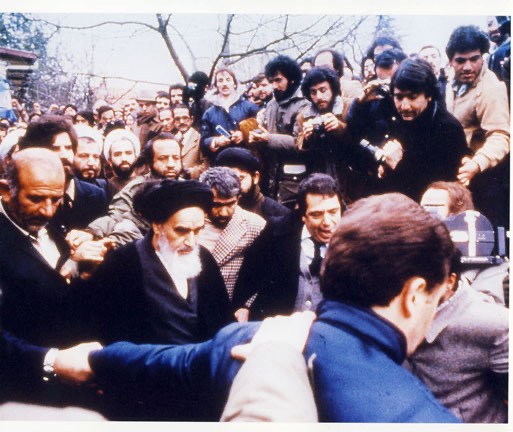How can you define the popularity of a character in society?
Let’s go back to the 1970s somewhere in the Middle East, in the country of Iran, where protests and active opposition to the regime of the Shah of Iran lasted for years and only one man, with the support of the people’s popularity and following his leadership, was able to overthrow the hereditary monarchy and establish the Islamic Republic of Iran.
In those years, more than 98% of the people supported him and his ideals.

He was a charismatic, intellectual, ethical politician, brave, and independent leader. When the governors of the countries visited him, they could not believe that this popular and powerful leader lives in two small rooms in a simple and mystical manner. Whether it was when he emigrated from Iraq after 14 years of exile and was in France, the village ofNeauphle-le-Châteauand all the inhabitants of that village fell in love with him and his great personality, or when he returned to his homeland after many years, all the people of Iran left their work and lives to welcome him for freedom. When he passed away, people not only shed tears but also mourned, and of course, they never wanted to believe that he had passed away. Tens of millions of people from all over the country came to the capital to participate in his funeral, which was postponed several times due to the large crowd, and many people lost consciousness due to the pressure of the crowd. It was the largest funeral in human history because he was the most popular figure among political leaders worldwide in the last few centuries.
He had only one name: Ruhollah Mousavi Khomeini.
But he had thousands of epithets of masculinity, bravery, perseverance, freedom, and religiousness. Up to this day, the people of Iran visit his shrine every year to honor him, and his name remains eternal in the history of the great country of Iran.


